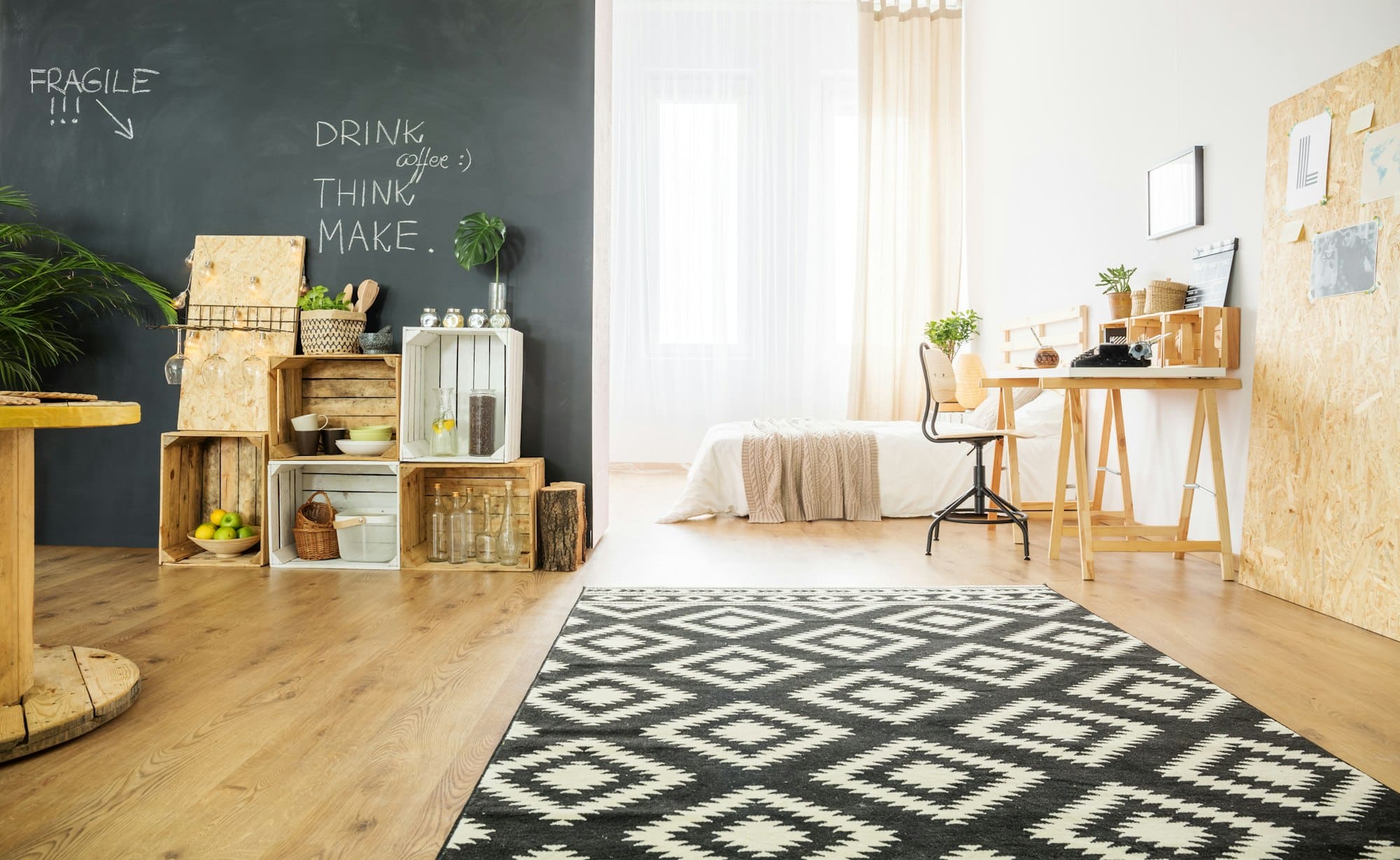How to Choose the Right Size Crate for a Growing Great Dane Puppy?

Selecting the correct size dog crate is essential for the well-being and comfort of your new Great Dane puppy. A crate provides a safe, comfortable space where your dog can relax and feel at home. With so many different types and sizes of crates on the market, it can be challenging to find the perfect one. However, by understanding your Great Dane’s growth patterns, their unique needs, and how to properly measure them for a crate, you will be able to find the best option for your beloved pet.
Assessing the Crate Size for Your Breed
Before you start shopping for a crate, it is crucial to understand your puppy’s breed and the size they are expected to reach when fully grown. Great Danes, for instance, are one of the largest breeds, known for their impressive size and height. They often weigh up to 200 lbs and can reach up to 32 inches in height at the shoulder, which will significantly affect the size of the crate you choose.
Additional reading : Can a Micro Pig Be House Trained, and What’s the Best Method?
When selecting the crate size, the rule of thumb is that it should be large enough for your dog to stand, turn around, and lie down comfortably. Your Dane should not feel cramped or confined in their crate, as this can lead to anxiety and discomfort.
Understanding Growth Patterns of Great Danes
Great Danes have a rapid growth rate, often reaching their full height within the first year and filling out in muscle and weight by the age of two. This swift growth rate means that a crate that fits your puppy now may not fit them in a few months’ time.
Also to see : What Are the Best Interactive Toys for a Dog with Limited Mobility?
Given this rapid growth, you may consider buying a larger crate suitable for their adult size. However, too much space can be overwhelming for a puppy and may hinder their crate training. Therefore, it’s sensible to find a crate that comes with a divider. This allows you to adjust the crate size as your puppy grows and ensures they always have the right amount of space.
Measuring Your Dog for a Crate
Now that you’re aware of the expected size and growth pattern of your Great Dane, it’s time to measure them for a crate. Here’s how:
First, you’ll need to measure your puppy’s height. To do this, ask them to sit and measure from the floor to the highest point of their head. If your puppy prefers to stand, measure from the floor to their shoulders, then add a few inches for comfort.
Next, measure their length by having them stand and measuring from the tip of their nose to the base of their tail. Again, add a few inches to allow for comfortable movement.
These measures will help you find a crate that is the right size for your Great Dane, allowing them to move comfortably without providing too much space.
Choosing the Right Crate Type
Once you know the size of the crate you need, the next step is to choose the right type. There are several crate types available, including wire crates, plastic crates, and soft-sided crates.
Wire crates are a popular choice because they’re strong, durable, and provide excellent ventilation. They’re also easy to clean, which is a bonus for puppies still in the process of being house-trained.
Plastic crates are lighter and more portable than wire crates, making them a great choice for travel. They also tend to provide a cozier, more enclosed feeling, which some dogs prefer.
Lastly, soft-sided crates are the most portable and lightweight option, perfect for small dogs or for travel. However, they may not stand up to the chew-happy tendencies of a growing Great Dane puppy.
Adapting Crate Training for Your Great Dane
Once you’ve chosen the right size and type of crate for your Great Dane, it’s time to begin crate training. The goal is to create a positive association with the crate, making it a place your dog will want to spend time.
Start by introducing your puppy to the crate gently. Encourage them to explore it on their own, perhaps by placing a favorite toy or treat inside. Once they’re comfortable entering and exiting the crate, you can start using it for short periods while you’re home, gradually increasing the time they spend inside.
Remember, a crate should never be used as a form of punishment. It’s meant to be a safe, comfortable place for your dog, not a place of confinement or isolation.
In conclusion, choosing the right crate for a growing Great Dane puppy involves understanding the unique size and growth patterns of the breed, accurately measuring your dog, selecting the right type of crate, and implementing effective crate training. With patience, love, and attention to detail, you can find the perfect crate for your Great Dane puppy. Enjoy the wonderful journey of raising your new best friend!
Making Your Selection: Considering Crate Features for Your Great Dane
Now that you’ve determined the right crate size and type, keep in mind other key features while making your selection. When looking at various dog crates, consider factors such as durability, ventilation, and convenience.
Great Danes, given their size, will need a sturdy crate. Wire crates, as mentioned before, are a popular choice due to their durability. They can handle the strength of a Great Dane, and they also offer excellent ventilation. Good airflow is crucial, especially during warmer months, to keep your Dane comfortable.
Another feature to consider is the convenience of cleaning. Puppies, regardless of their breed, can make a mess. Accidents happen during potty training, so it’s a good idea to choose a crate that’s easy to clean. Wire crates often come with a removable pan at the bottom, making the cleaning process less of a hassle.
Also, consider a crate with a double door design for ease of access. This feature can be handy, allowing your Great Dane to enter and exit from either side.
Finally, take into account the crate’s portability. Although Great Dane puppies are not the best travel companions due to their size, there might still be occasions when you need to transport them. A crate with a secure latch and handles can make this easier.
The Importance of a Crate Divider For a Growing Great Dane
As previously mentioned, Great Danes grow rapidly. A crate that fits your Dane puppy perfectly today might become too small in just a few weeks. Therefore, buying an adult-sized crate from the beginning can be a wise decision. But how do you ensure that this large crate doesn’t overwhelm your puppy? The answer lies in a divider panel.
A divider panel allows you to adjust the size of the crate as your Dane puppy grows. You can start by setting the panel to create a small, cozy space for your puppy. As your puppy grows, you can gradually move the divider panel to provide more space.
Remember, puppies are often more comfortable in a snug space that mimics a den-like environment. Too much space can make them feel insecure and may even disrupt their potty training.
Large crates equipped with divider panels offer a cost-effective solution to accommodate your Great Dane’s impressive growth and ensure their comfort and security.
Conclusion
Choosing the right crate for a growing Great Dane puppy may seem like a daunting task, but with the right information and understanding of the breed’s growth patterns, it becomes much simpler.
The perfect crate should not only be the right size but also sturdy, well-ventilated, easy to clean, and adaptable to your dog’s growth. A double door design for ease of access and a divider panel for space adjustment as your Dane grows are also excellent features to look for.
Remember that crate training is a significant step in raising a pup, and the crate you choose will play a crucial role in this process. Make sure your Great Dane views his crate as a safe, comfortable space where he can relax.
In the end, the keyword is patience. With love, consistency, and the right crate, your Great Dane puppy will soon be house-trained. The effort you put into this early training stage will undoubtedly pay off, culminating in a strong, beautiful Great Dane that is a joy to live with.
